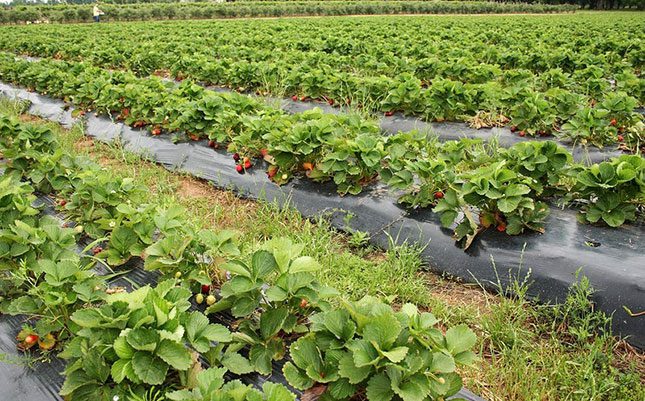
Photo: Rawpixel.com
This was according to EU Commissioner Janusz Wojciechowski, speaking at the 9th annual EU conference on European Agricultural Fund for Rural Development (EAFRD)-funded financial instruments held in Brussels, Belgium, last week.
He estimated that this “unmet demand for financing for farmers in the EU” amounted to about €62 billion (about R1,3 trillion) in 2022.
Wojciechowski was presenting the findings of two recent surveys undertaken by the European Commission, the EU’s politically independent executive arm, among farmers in the region.
For small- and medium-sized businesses in the agri-food processing industry, this unmet financial gap amounted to €5,5 billion (R111 billion), with significant variations across member states, he said.
Addressing more than 250 representatives from managing authorities and financial institutions, as well as agricultural experts and representatives of the agri-food industry, Wojciechowski said: “EU banks’ requirements on farmers are heavy and stringent, making it very difficult for agricultural producers and young farmers to compete with other businesses in the economy where the output may be seen on the day after the company is created.
“It is critical that the financial market opens up to financing farmers on an equal footing, and that member states focus on the use of financial instruments in their [Common Agricultural Policy] strategic plans.”
Co-organiser of the conference, the European Investment Bank (EIB), also presented the findings of a survey on banks that were actively financing agriculture.
The bank’s vice-president, Gelsomina Vigliotti, told delegates: “Building on our long-[standing] collaboration with the European Commission, the [bank] stands ready to join forces to support investments for a more climate-resilient and sustainable agriculture and bio-economy sector.
“The sheer scale of investment needed in the sector requires that we use the scarce public funding available wisely. We need to leverage more private sector investment, and this is where financial instruments have a role to play.”
As part of its research, the EIB surveyed 6 550 EU farmers and 2 389 EU agro-food businesses.
She said rejection rates had declined compared with that recorded in the previous survey undertaken in 2017, but average loan amounts requested by farmers had increased, thus resulting in larger loan amounts not being met. According to her, loans for periods longer than seven years also remained difficult to obtain. This loan category accounted for 58% of the gap being experienced.
“The agriculture survey shows that 37% of all rejected farm loans in the EU was due to the unwillingness of the banks to expand their support to agriculture. In another 20% of the cases, the banks have considered the project proposal, or the farm, as non-viable.”
Further results indicated that more than 50% of all young farmers had their applications declined due to restrictive bank policies, compared with the rate for older farmers, which was 32%.
“Almost 30% of the rejections for financing [of] young farmers were also considered ‘high risk’ by the banks, against 4% for older farmers,” the report said.
The European Commission would now be conducting three further studies to assess and monitor the financial situation of the agri-food sector in the EU, Wojciechowski said. –













